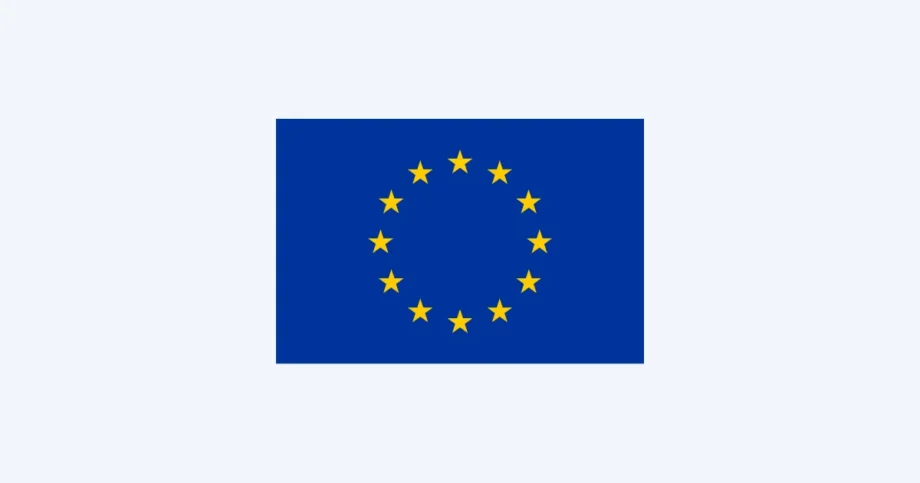EU allocates funding to 12 environmental projects
The European Commission has committed over €233 million to boost environmental progress across the continent by funding 12 innovative projects. Each initiative is designed to address pressing environmental and climate-related issues, aligning with the EU’s vision for a greener future. These projects span a diverse range of focus areas, from promoting biodiversity to improving waste management and addressing carbon emissions.
No affiliates available for this country.
By channeling significant financial resources into environmental innovation, the EU demonstrates its dedication to meeting the European Green Deal objectives. This initiative is not just about tackling existing challenges but also about fostering innovation and collaboration between regions, industries, and communities. It’s a collective stride toward cleaner energy, sustainable ecosystems, and healthier living conditions for citizens across Europe.
With the Commission’s support, these projects are well-positioned to pioneer solutions that could impact both policy and daily life, paving the way for a sustainable and resilient Europe.
Source: European Commission
Countries benefiting from the investment
The €233 million investment will benefit various countries across the EU, reflecting a continent-wide commitment to environmental progress. The funding targets initiatives in Bulgaria, Czechia, Ireland, Spain, France, Italy, Lithuania, Austria, Poland, and Finland, ensuring that nations with diverse climate and ecological challenges are equipped to tackle them effectively.
Each country will receive resources tailored to their unique environmental needs. For example, coastal regions like Ireland are expected to focus on water conservation and marine biodiversity, while industrial hubs such as Poland and Czechia may address carbon reduction and air quality. By spreading these funds across multiple regions, the EU bolsters its unified approach to fighting climate change while empowering local communities to act independently and urgently.
This distribution reflects the EU’s ethos — solidarity among its member states — while working toward the shared vision of a sustainable future. Interested in the full breakdown? Visit the source.
Supporting climate and environmental goals
The funded projects aim to drive significant progress in achieving the EU’s ambitious climate and environmental goals. By addressing challenges such as carbon emission reduction, ecosystem restoration, and renewable energy adoption, these initiatives embody the European Green Deal’s mission to transition toward a sustainable future.
Several projects specifically focus on combating climate change, such as improving energy efficiency and reducing the environmental impact of key industries. Others are dedicated to preserving biodiversity, promoting circular economies, and ensuring the long-term viability of natural habitats. For example, efforts to enhance waste recycling systems or restore vital wetlands contribute to both local and Europe-wide objectives.
These projects are pivotal for fostering innovation, ensuring cleaner air and water, and protecting local ecosystems. Through these initiatives, Europe continues to establish itself as a global leader in tackling environmental issues while creating economic and social benefits for its citizens.
Read more about the EU’s initiatives here.
Advancing sustainability efforts across Europe
The EU’s new projects emphasize advancing sustainability across Europe by fostering innovative solutions that address environmental challenges. From promoting renewable energy adoption to modernizing waste management practices, these initiatives aim to accelerate the shift towards greener economies. Countries like France and Finland, for instance, are set to explore cutting-edge technologies in renewable energy integration, while regions in Italy and Spain will focus on combating water scarcity through sustainable practices.
Moreover, the investments highlight the importance of local communities in driving change. By actively involving stakeholders — from farmers to tech start-ups and academic researchers — the EU ensures that these projects create practical, scalable solutions. Projects also place a strong emphasis on knowledge sharing, enabling effective collaboration between countries and industries, enriching nations with different expertise and ecological conditions.
As these sustainability programs take shape, they aim to provide co-benefits, including job creation, economic growth, and improved public health. For further details, visit the European Commission.




